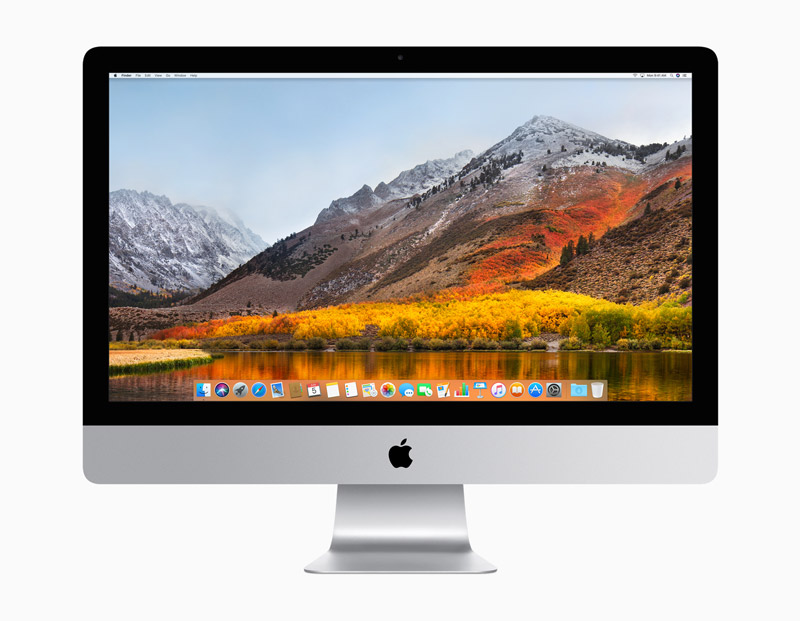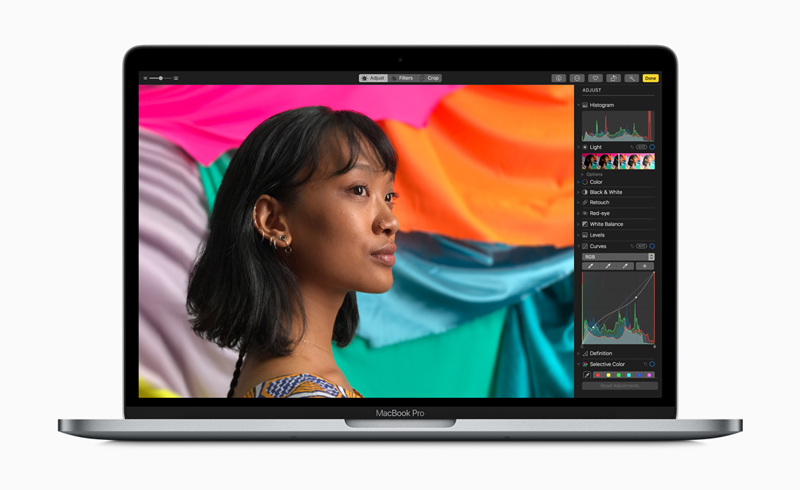macOS High Sierra -
macOS High Sierra: Frequently Asked Questions

macOS High Sierra
macOS High Sierra: Frequently Asked Questions


On September 25, 2017, Apple released the macOS High Sierra operating system. We'd like to offer you a brief overview and answer any questions you may have at this time.
macOS High Sierra is an operating system for desktop and laptop computers. It is version 10.13 of the macOS (formerly OS X) series of operating systems. It is similar to the previous version, macOS Sierra, but there are some performance improvements and new features.

High Sierra is available now.
Like previous versions of macOS, High Sierra is a free upgrade.
Anyone with a newer Apple computer can upgrade to High Sierra. The technical requirements are the same as those for macOS Sierra, which means the following models can upgrade:
If you buy a new Apple computer, High Sierra will come pre-installed. You won't need to do anything to install it.
If you want to upgrade an existing computer, you can download and install High Sierra by going to the App Store on your Mac (shown below) and clicking Updates.
As with previous versions, macOS High Sierra is only available as an online download. You cannot purchase a physical copy at a retail store.
The look and feel of High Sierra is very similar to Sierra. Most of the changes are designed to improve the speed and efficiency of your computer.
Performance improvements:
Other features:

Any apps you previously had installed on your computer will still be there once you upgrade. Some Apple apps will be updated automatically when you upgrade.
Almost all apps installed on your computer should work correctly in macOS High Sierra. However, as with any new operating system, some software may not be totally compatible. A simple Google search will often be enough to tell if an app will be compatible with High Sierra.